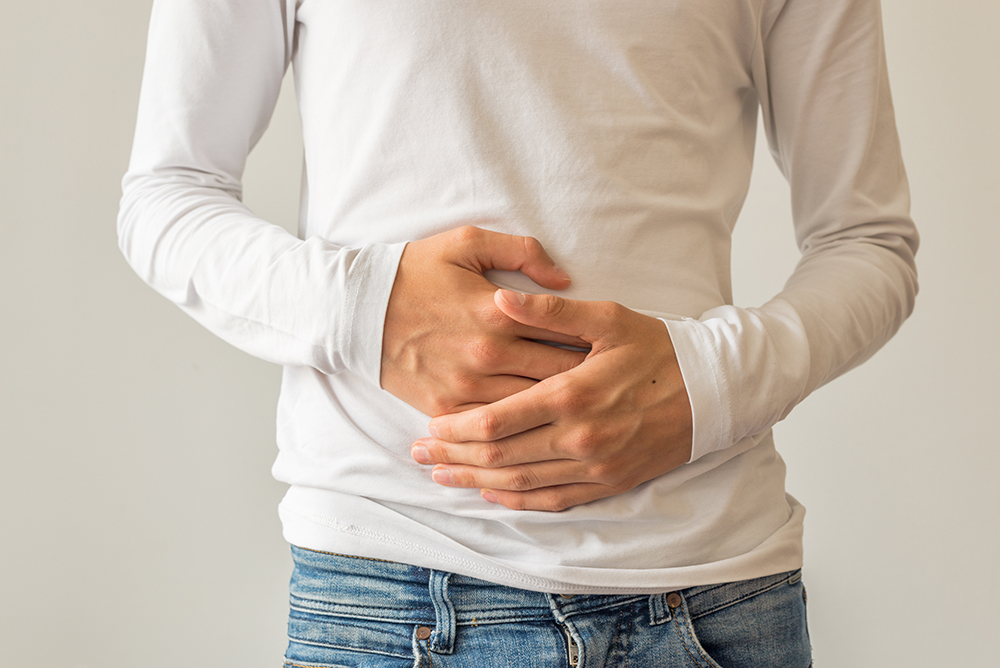While many people believe cannabis is benign and even beneficial, a lesser-known medical condition called cannabinoid hyperemesis syndrome has recently made headlines as marijuana legalization continues sweeping the country. CHS contradicts marijuana’s well-documented anti-nausea properties by inducing severe queasiness, vomiting and abdominal pain in some cases.
The Phases of Cannabinoid Hyperemesis Syndrome
Physicians and researchers have observed an uptick in CHS, correlating with the broader legalization and increased potency of cannabis products.
CHS unfolds in three distinct phases.
- Prodromal: You may experience morning nausea and a general feeling of abdominal discomfort during this initial stage. Despite the upset stomach, vomiting is not typical, often allowing you to maintain your normal eating patterns.
- Hyperemetic: This phase involves intense, persistent nausea and repeated episodes of vomiting that can last for about 48 hours. You may find some relief by taking frequent hot showers or baths.
- Recovery: If you stop using cannabis products, your symptoms will gradually ease until you feel better.
CHS typically occurs in heavy, long-term marijuana users. Researchers warn that the increased potency of THC in today’s cannabis products contributes to the rise in CHS cases and can also result in other health problems like marijuana psychosis. Genetic factors and health history may increase your susceptibility to developing CHS.
Recognizing and Responding to CHS
People who regularly use high-THC marijuana or have done so in the past should familiarize themselves with cannabis hyperemesis disorder symptoms.
- Seek medical help: Consult a health provider for a proper diagnosis and treatment plan.
- Hydrate: Dehydration can result from severe vomiting. If it’s a struggle to keep water down, try melting ice cubes in your mouth or sipping small amounts through a straw. Herbal tea or fruit-infused water may be more palatable than plain tap water.
- Stop using marijuana: Complete abstinence from cannabis products is the only effective way to ensure you never experience CHS or other adverse consequences again.
PACE Recovery’s Approach to Marijuana Treatment
At PACE Recovery, we understand the complexities of CHS and other cannabis-related disorders. Our marijuana addiction treatment program addresses the physical symptoms associated with CHS and the psychological dependence that can develop with habitual use. We guide young men toward recovery with a combination of personalized medical attention, counseling and support groups.
Awareness about potential side effects is crucial if you use marijuana medically or recreationally, especially as high-THC products become more accessible and socially acceptable. CHS highlights the potential problems associated with chronic marijuana use, challenging the perception that this drug is harmless.
We provide residential and outpatient treatment options tailored to every client’s unique needs. Here, we will guide you toward consistent, realistic changes you can maintain for life. Contact our admissions team to learn how we can help you.


